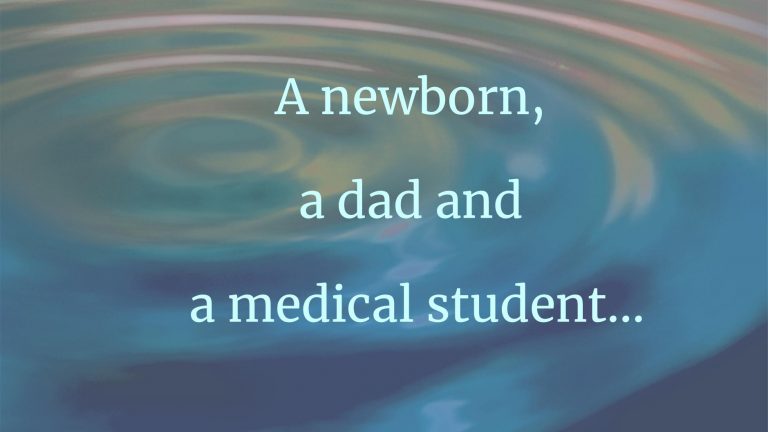
How You Made Me Feel
The toughest work emails always seem to come on days when I am post-call, feeling tired and pensive. This particular email came from Patient and Guest Relations at the urban hospital where I practice as a neonatologist.
“I received feedback from a patient who claims that she had a negative interaction with you…during her C-section surgery. She is requesting a visit from you….”
My heart sank.









